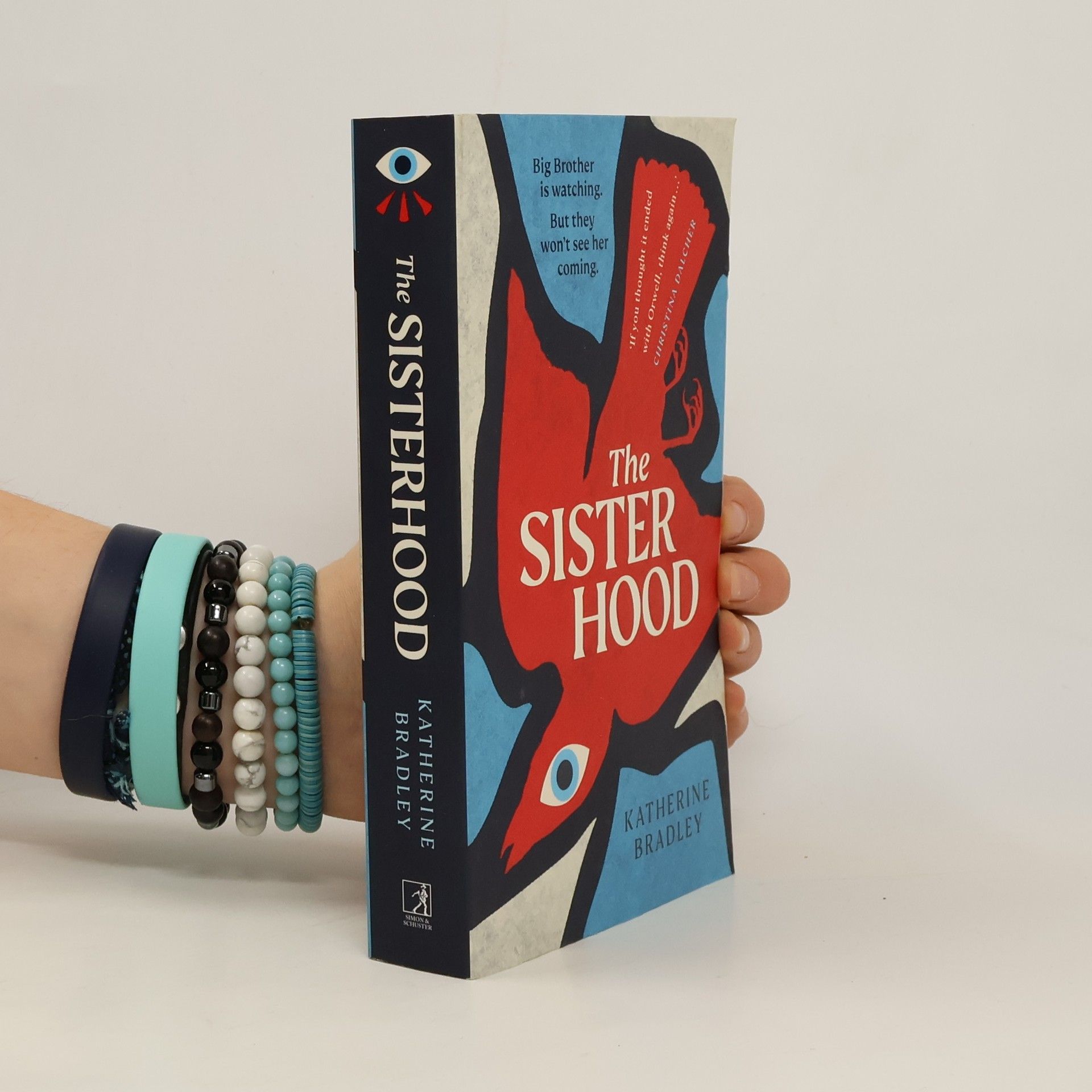Frightening and timely, this feminist reimagining of 1984 presents a chilling vision of a world where Big Brother is always watching. Julia embodies the ideal woman in Oceania—dutiful and subservient—yet she harbors a dangerous secret. As a member of The Sisterhood, an underground movement aiming to support The Brotherhood in their quest to overthrow Big Brother, Julia is determined to fight for freedom. When she believes she has found a potential ally in Winston Smith, her past begins to resurface, revealing more secrets than anticipated. The stakes rise as Julia realizes that the fight against oppression may cost her everything, but with nothing left to lose, she is willing to take risks. This gripping tale explores themes of love, sacrifice, and the complexities of womanhood. Critics praise it as a fast-paced, suspenseful narrative that delivers a powerful message of hope, even in the face of overwhelming odds. The story is described as a gut-wrenching journey through a dystopian landscape, raising profound questions about societal structures and women's political agency. With a complex plot and real emotional depth, it serves as a haunting reminder of the dangers of complacency in the face of tyranny. The author, Katherine Bradley, brings her rich background in literature and teaching to create a memorable and thought-provoking narrative.
Katherine Bradley Knihy
